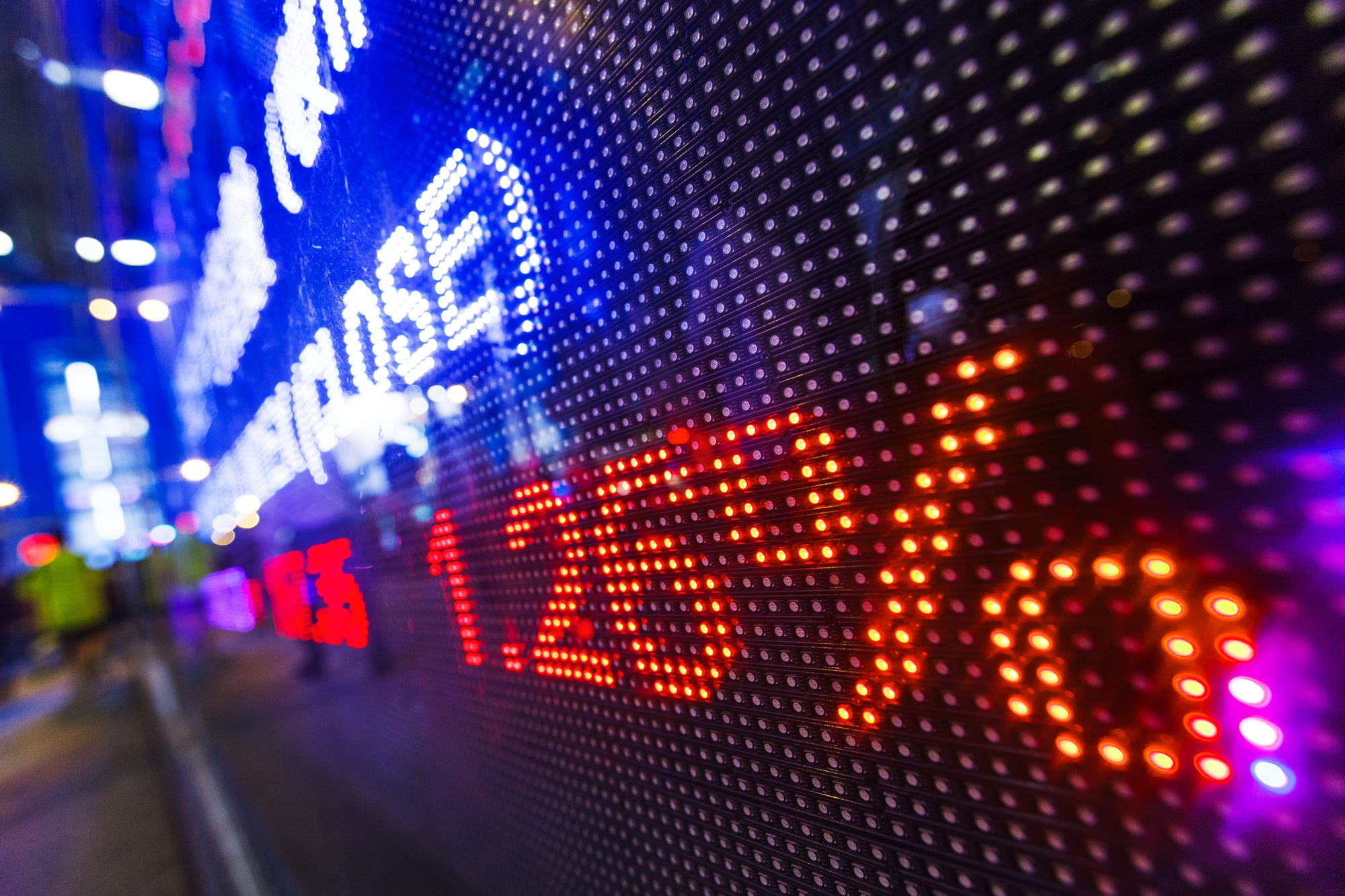D-Wave’s Largest Investor Sells 18.4 Million Shares During Quantum Stock Rally

Insider Brief
- Canada’s Public Sector Pension Investment Board (PSP) sold 18.4 million D-Wave shares for $78.8 million during a rally in the company’s stock, according to Barron’s.
- PSP reported the move was a typical portfolio risk management adjustment.
- Investor enthusiasm for quantum computing drove D-Wave Quantum’s stock from $1 to $4.65 in November and early December, with excitement peaking after Google unveiled its Willow chip just recently, Barron’s reports.
Investor excitement surrounding quantum computing pushed D-Wave Quantum’s stock higher earlier this month, but one of its largest shareholders seized the opportunity to sell nearly $80 million worth of shares, according to the financial magazine, Barron’s.
D-Wave Quantum (QBTS), a quantum computing pioneer, saw its stock price surge from $1 in early November to $4.65 by Dec. 9, the day Google Quantum AI unveiled its latest quantum chip, Willow. The chip, which even the mainstream press lauded as a significant achievement in quantum technology by Google, drew attention to the burgeoning sector, as reported by Barron’s.
The stock ended yesterday’s trading session at $6.37, down $2.59, a loss of about 29%.
In the days following Google’s announcement, D-Wave’s trading volume remained elevated, but its share price saw little further upward movement. Amid the market buzz, the Public Sector Pension Investment Board (PSP), one of Canada’s largest pension funds and D-Wave’s largest investor, sold 18.4 million shares between Dec. 10 and Dec. 12, generating $78.8 million at an average price of $4.29 per share.
In response to Barron’s request on the move, PSP said the move was an effort to balance its investments.
In a statement emailed to the financial magazine, the board wrote: “As part of our ongoing portfolio management activities, we regularly review and adjust our investments to optimize portfolio construction. This approach allows us to manage risk and meet the responsibilities of our mandate. PSP Investments remains committed to our total fund long-term investment strategy, which involves diversification across geographies, sectors, and investment products.”
Quantum computing involves machines that leverage quantum mechanics to theoretically solve problems beyond the reach of traditional computers. The sector has drawn significant investor interest due to its potential applications in industries ranging from pharmaceuticals to cryptography. However, the technology remains in its infancy, and few companies have demonstrated clear paths to commercialization
D-Wave, which went public via a special purpose acquisition company (SPAC) in August 2022, offers an example of just how volatile investing has been in this young sector. Its shares debuted at $10 but fell 86% by year-end to $1.44. The company’s struggles continued in 2023, with shares ending the year at 88 cents—a 39% decline, according to Barron’s.
In early October of this year, both D-Wave and Rigetti faced potential delisting from their respective stock exchanges because their stock prices had fallen below the required $1 threshold for an extended period of time, a level that triggers these warnings.
The recent surge in D-Wave’s stock comes amid broader market enthusiasm for quantum advances, fueled by Google’s Willow chip. While Willow represents progress in error correction — a critical hurdle in quantum computing.
The Quantum Insider’s Intelligence Platform lists D-Wave as a full stack technology provider. They provide cloud services, application development tools and other services that support end to end quantum computing for enterprises and developers. D-Wave specializes in quantum annealing, a method tailored for solving complex optimization problems efficiently. In addition to its expertise in annealing, the company has also expanded into gate-based quantum computing, providing a broader range of solutions to address diverse computational challenges.
Barron’s reports that, despite the December rally, PSP’s average sale price of $4.29 reflects a significant recovery from D-Wave’s low points, but it still falls far short of its SPAC debut valuation. PSP still holds just 1 million D-Wave shares directly, alongside 40.1 million shares issued by a Canadian subsidiary that can be converted into U.S.-traded shares.
